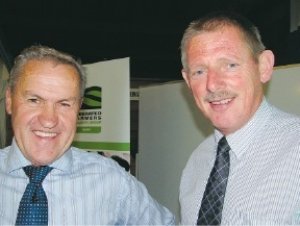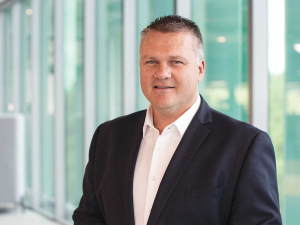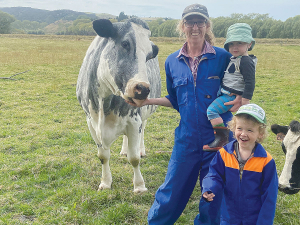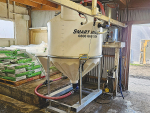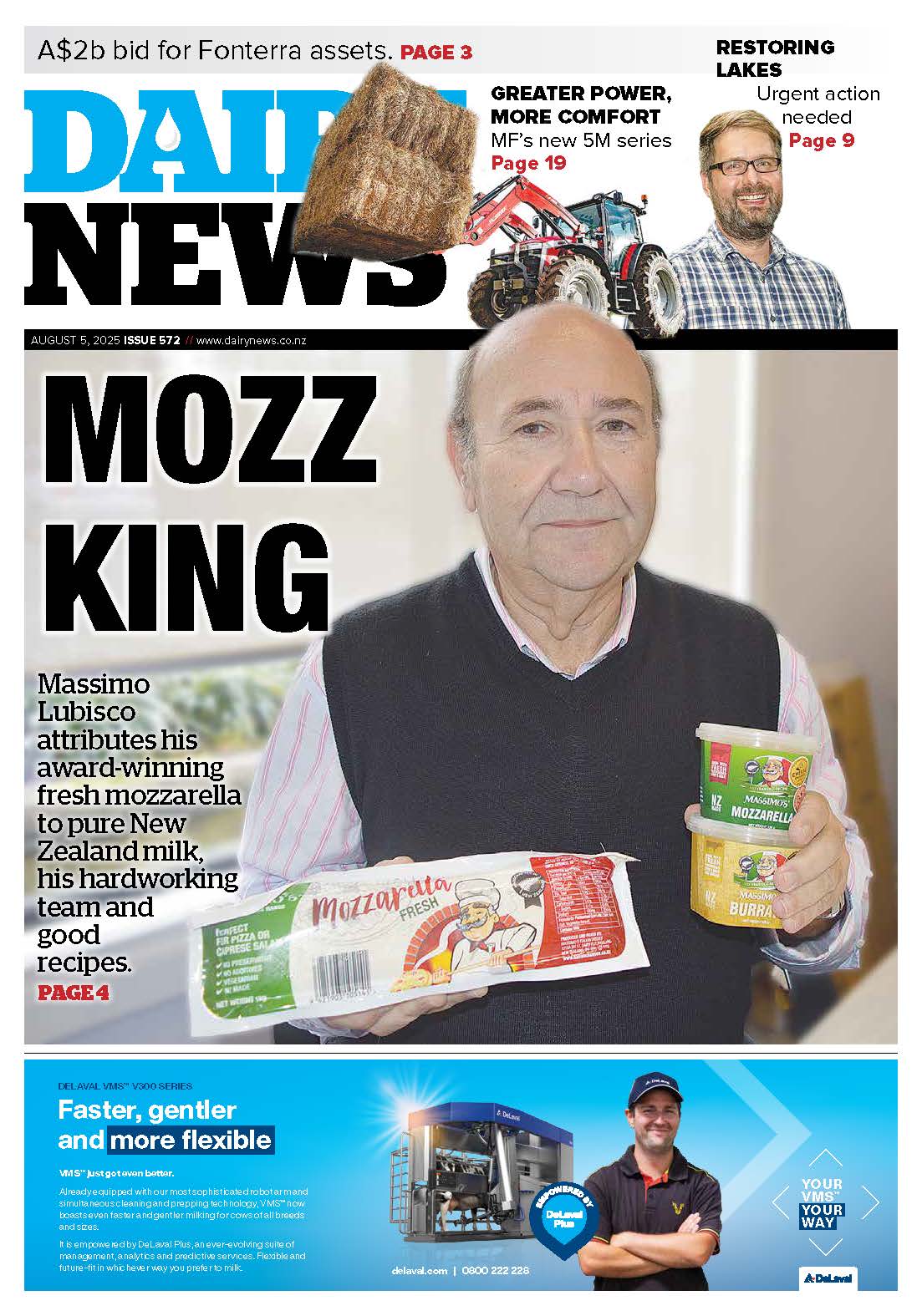Primary Industries Minister David Carter wants the co-op shareholders to do their homework so they can vote “intelligently”. TAF comes up for a second and final vote on June 25 after the co-op board relented in the face of calls from shareholders.
Careful not to get involved in Fonterra’s “internal politics”, Carter points out his role as the Minister for Primary Industries is to get the TAF legislation passed by Parliament. It’s then up to Fonterra and its shareholders to use the provisions of the legislation, he says.
“As the Minister for Primary Industries, I fully support what Fonterra is trying to do,” he told Dairy News. “I see Fonterra has tremendous opportunities offshore, and the company will not be able to grasp [them] unless it stabilises its capital structure.”
Some aspects of TAF, particularly those related to the Fonterra Shareholders Fund, haven’t
gone down well with shareholders. Federated Farmers Dairy section chairman Willy Leferink says he’s uncomfortable with the threshold of allowing investors to buy units in up to 25% co-op shares.
Last week the Fonterra board made another concession to worried shareholders. The size of the Fonterra Shareholders Fund threshold will drop below the proposed 25% via a special resolution that will be tabled at the special meeting.
Fonterra chairman Henry van der Heyden says the changes come after due diligence and listening to farmer concerns.
“We listened to farmers and gave them a final vote on TAF. I can’t remember any other time in the history of the co-op allowing a second vote on anything.”
Leferink is delighted with the board’s decision. He says the proposed fund is causing “quite a bit of angst” among shareholders. “I’m glad the board is tightening thresholds because for some members it was unacceptable.”
Last week Fonterra chief executive Theo Spierings reacted angrily to Leferink’s opinion piece on TAF in the New Zealand Herald (see page 6).
Carter says the public spat between Fonterra and Federated Farmers over TAF is not helping the situation. Discussions between the two organisations would best be kept out of the media spotlight, he says.
He believes there’s “quite a lot of mis-information” being spread by people who are vehemently opposed to TAF.
“Many of those people I suspect are the 10% of Fonterra shareholders who voted against the issue when it was last put to the vote and have taken this opportunity to continue their crusade.”





